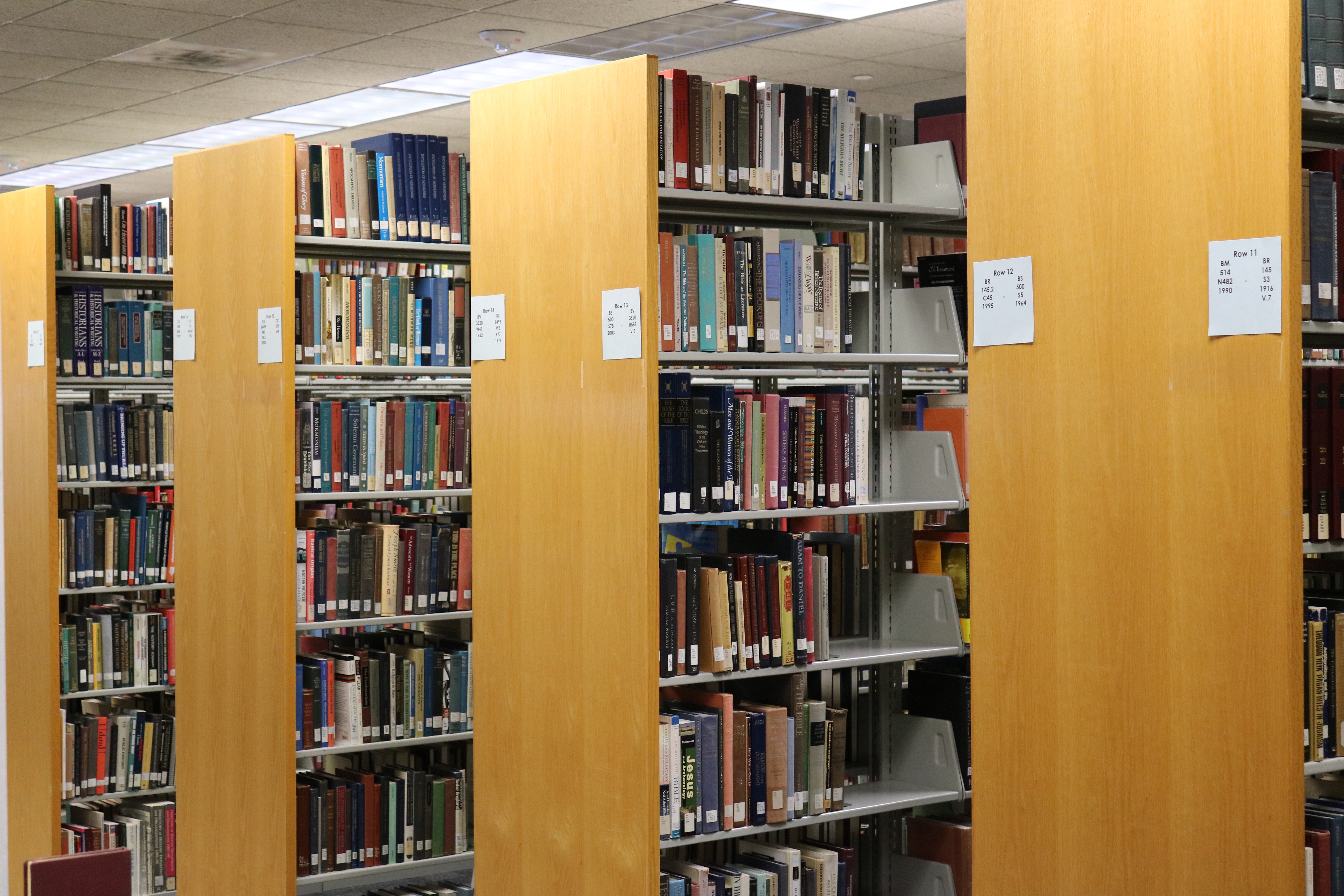On top of the Textbooks on Reserve Program, the library worked with over 20 USF St. Petersburg faculty members to help find free or low-cost textbook alternatives. Whitney Elfstrom | The Crow’s Nest
By Kaya van Beynen
A 2016 study of Florida’s public universities examined how students responded to the high cost of textbooks.
Many reported that they didn’t register for courses, they dropped the course if they couldn’t afford the materials, or they simply didn’t buy the textbooks. They sadly admitted that these choices led to poor or even failing grades. As I’m sure you know, high textbook costs impact your pocketbook, but they also affect your grades and ability to graduate.
We hear you and we are concerned about high textbook costs too. Logically, you might respond to me by saying “Good! But what are you doing about it?”
Here at the Nelson Poynter Memorial Library, we’re tackling the issue on several fronts.
Two years ago, the library started the Textbooks on Reserve Program. If we own either the required or recommended textbook for a USF St. Petersburg course, we put it on 3-hour reserve in the library. All of these books are listed on our library guide at lib.usfsp.edu/textbooks.
Go ahead, look up your course by course number; if we have the print book, the title is listed in black, if we have the e-book, click on the link to the full text. Right now, we have 470 books on reserve for the fall semester.
I wish I could say that we have every textbook required for every course here at USF St. Petersburg, but I’ll be honest and say that we simply can’t afford that. Imagine how expensive it is for you, then multiply that across all USF St. Petersburg courses. Our budget just isn’t there.
But our textbook collection is expanding. How? Your librarians purchase the textbooks if possible. Multi-user e-books are our preferred format, and the USF Tampa Library has an e-books in the Classroom program, where USF St. Petersburg faculty can request the licensing of these multi-user e-books. That is, if the textbooks can be institutionally licensed as an e-book, and if that license is affordable. Those are two big ifs over which we have little control.
We also encourage faculty to lend us a copy of their course materials – we’ll happily put that copy on 3-hour reserve and extend these offerings to the student. And at the end of each semester, we have our “Pay It Forward” program encouraging students to donate their used textbooks to the library. Your colleagues have donated textbooks for accounting, chemistry, and other courses. This program saves you and the library money.
What else are we doing? In the spring 2018 semester, the librarians and instructional designers at the Nelson Poynter Memorial Library worked with 20 USF St. Petersburg faculty to find free or low-cost alternatives to their textbooks. Faculty kept their academic freedom to choose the materials that best meet the needs of their curriculum, but as librarians, we helped them become aware of other wonderful, relevant, and low-cost resources for them to consider.
Between our Textbooks on Reserve Program and working with faculty to find free or low-cost textbook alternatives, we estimated that we’ll save USF St. Petersburg students $420,000 by the end of this academic year.
And what can you do? Check out what textbooks we have on reserve. If we don’t have a copy and you do, pay it forward and donate your textbook at the end of the semester. Or else, put your efforts into a bigger cause and become active in the Open Access movement. Faculty and universities across the country are creating course materials that are copyrighted for sharing and reuse. If you are looking for something to do, the Open Textbook Alliance has a toolkit geared towards student government leaders on how to start an open textbook campaign.
One thing we won’t do is ask faculty to sacrifice on quality. Sometimes there is no alternative and the best book is expensive. You deserve textbooks, courses, and an education that are thoughtful, informative, current, and relevant and your professors put a lot of time, consideration, and expertise into choosing materials and crafting your curriculum.
There is no one answer to this problem, but our efforts to reduce your textbook expenses will not stop. We will continue to work with faculty to reduce the cost of their required course materials and we will update our Textbooks on Reserve collection each semester.



